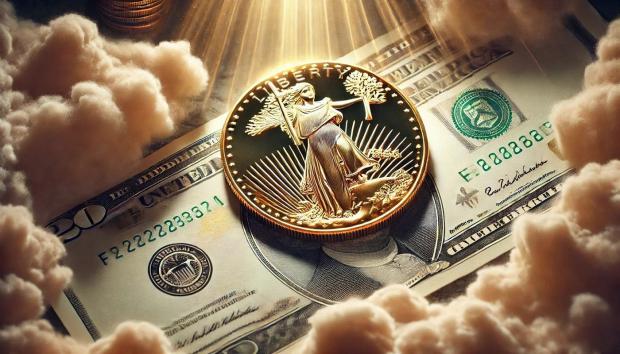
Breaking News
 They've Been Feeding You Poison (And Calling It Food)
They've Been Feeding You Poison (And Calling It Food)
 Tattoo ink may cause prolonged changes to the immune system
Tattoo ink may cause prolonged changes to the immune system
 Travel gadget promises to dry and iron your clothes – totally hands-free
Travel gadget promises to dry and iron your clothes – totally hands-free
 Duckweed: A sustainable, protein-packed food source smeared by Big Ag
Duckweed: A sustainable, protein-packed food source smeared by Big Ag
Top Tech News
 Perfect Aircrete, Kitchen Ingredients.
Perfect Aircrete, Kitchen Ingredients.
 Futuristic pixel-raising display lets you feel what's onscreen
Futuristic pixel-raising display lets you feel what's onscreen
 Cutting-Edge Facility Generates Pure Water and Hydrogen Fuel from Seawater for Mere Pennies
Cutting-Edge Facility Generates Pure Water and Hydrogen Fuel from Seawater for Mere Pennies
 This tiny dev board is packed with features for ambitious makers
This tiny dev board is packed with features for ambitious makers
 Scientists Discover Gel to Regrow Tooth Enamel
Scientists Discover Gel to Regrow Tooth Enamel
 Vitamin C and Dandelion Root Killing Cancer Cells -- as Former CDC Director Calls for COVID-19...
Vitamin C and Dandelion Root Killing Cancer Cells -- as Former CDC Director Calls for COVID-19...
 Galactic Brain: US firm plans space-based data centers, power grid to challenge China
Galactic Brain: US firm plans space-based data centers, power grid to challenge China
 A microbial cleanup for glyphosate just earned a patent. Here's why that matters
A microbial cleanup for glyphosate just earned a patent. Here's why that matters
 Japan Breaks Internet Speed Record with 5 Million Times Faster Data Transfer
Japan Breaks Internet Speed Record with 5 Million Times Faster Data Transfer
Voting for Sound Money: Why State Action Trumps Federal Rhetoric

This is due to the inherent nature of national political campaigns, which often promise more spending, more intervention, and more of the same monetary policies that erode the purchasing power of the U.S. Federal Reserve Note, commonly known as the U.S. dollar.
This is a consequence of detaching a nation's money from a stable backing, such as gold.
Since Nixon officially ended U.S. dollar interchangeability with actual gold in 1971, we've seen what proponents of sound money feared would come to fruition: Endless wars and huge military expenditures, expansion of the bureaucratic state, wasteful spending, and a steady decline in how much your money can buy — all made possible by Federal Reserve-enabled borrowing.
Not only is war an unproductive endeavor that shifts economic resources away from domestic needs, but it's also unbelievably costly. An unbacked money that is printed or created at will means government is no longer restrained by a limit on spending.
The promise of more programs, whether entitlement programs, infrastructure, or other social policies, often translates to a larger, more complex bureaucracy. With this expansion of the state comes more funding required from the state.
Sound money forces politicians to allocate scarce resources (tax dollars) responsibly.
The establishment of the Federal Reserve in 1913 was one of the most consequential acts in American history. The Fed masquerades as a private institution while always enabling the current administration's deficit spending agenda.
There's a consensus among the establishment candidates on maintaining the status quo with the Federal Reserve. It has historically pursued policies like quantitative easing, low interest rates, and corporate bailouts. While intended to stimulate the economy, Fed interventions lead to malinvestment, impaired economic productivity, and currency devaluation over time.

 Advanced Propulsion Resources Part 1 of 2
Advanced Propulsion Resources Part 1 of 2

